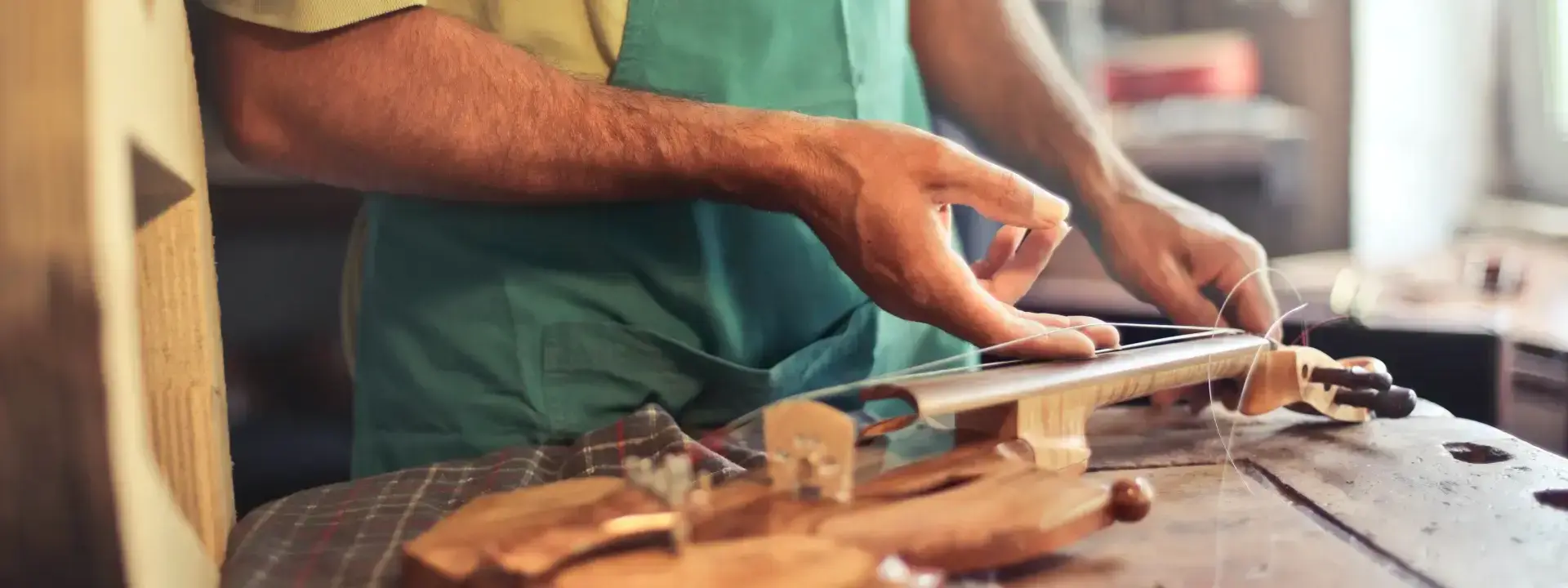
Music Repair Job Description
What is a Music Repair Professional?
A music instrument repairer is a person who fixes musical instruments. This can include woodwind, brass, and string instruments, as well as electronic ones. Repairers may work in a music store, or in their own workshop. The job of a music instrument repairer is to fix musical instruments so that they are in good working order. This may involve fixing broken parts, replacing old parts, or Adjusting the tuning. Repairers may also need to give the instrument a thorough cleaning. In some cases, they may need to rebuild an instrument from scratch. Music instrument repairers must have a good knowledge of how musical instruments work. They must be able to identify problems quickly and know what needs to be done to fix them.

What does a Music Repair Expert do?
They must also be able to read repair manuals and follow instructions carefully. Repair work requires patience and precision. Music instrument repairers must pay close attention to detail and take their time to do the job right. Otherwise, they could end up doing more damage than good. Most music instrument repairers are self-employed professionals with their own workshops or stores. Others may work for large companies that manufacture or sell musical instruments. There are also many mobile repair services that come to the home or office to fix an instrument on-site
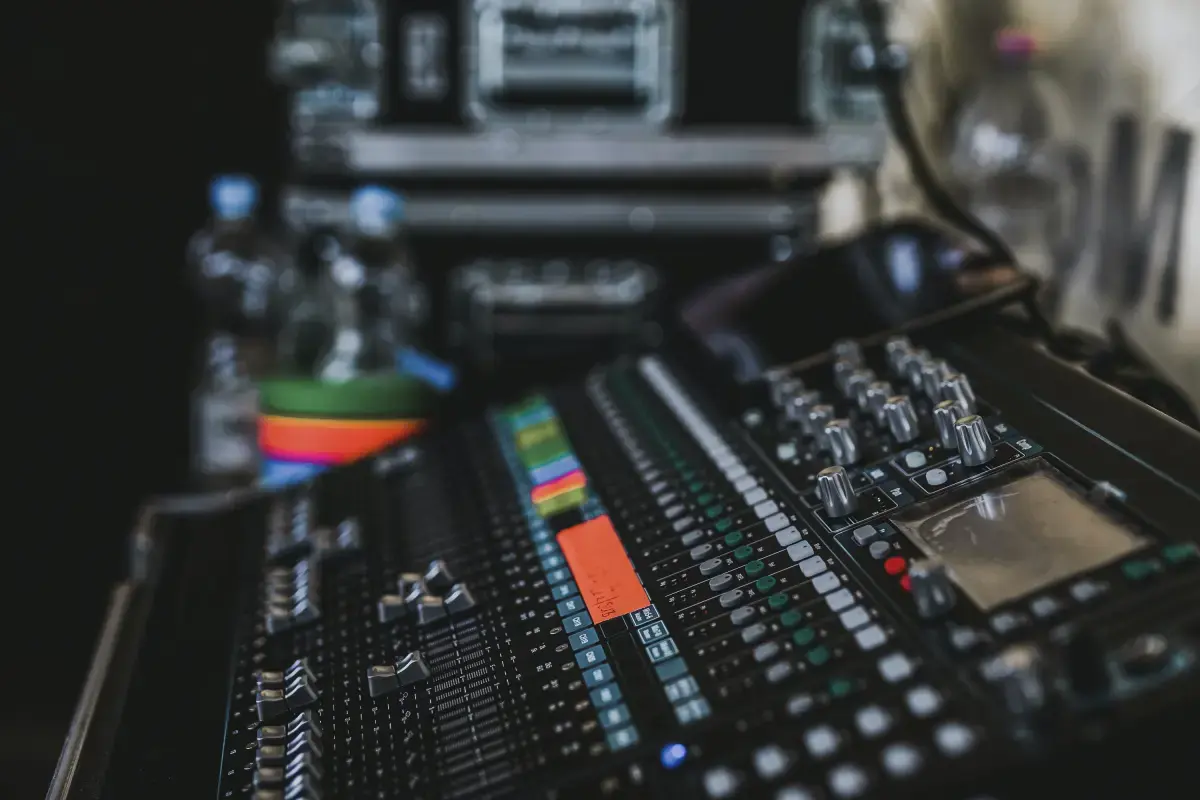
What are the Skills of a Music Repair?
A musical instrument repairer is a specialist who repairs, services and maintains musical instruments. They must have a wide range of skills and knowledge in order to be able to carry out their work effectively. The most important skill that a musical instrument repairer needs is excellent manual dexterity. This is because they will be dealing with small parts and delicate components on a regular basis. They must also have good eyesight so that they can identify any problems with an instrument. Another key skill is problem-solving ability – musical instrument repair often requires creative thinking in order to find solutions to complex issues. In terms of knowledge, a musical instrument repairer should have a good understanding of the different types of musical instruments and how they work.

What makes an Expert Music Repair?
They should also be familiar with common problems that can occur with instruments, and the best ways to fix them. It is also useful to have some basic knowledge of electronics, as many modern instruments contain electronic components which may require repair or servicing from time to time. Generally speaking, most musical instrument repairers will start out by completing an apprenticeship or traineeship in the field. This will give them the opportunity to gain hands-on experience working with different types of instruments, and developing their skillset further. Many colleges and universities also offer courses which can lead to qualifications in musical instrument repair – although this is not always essential for finding employment, it can be helpful when applying for jobs or seeking promotions within the industry.
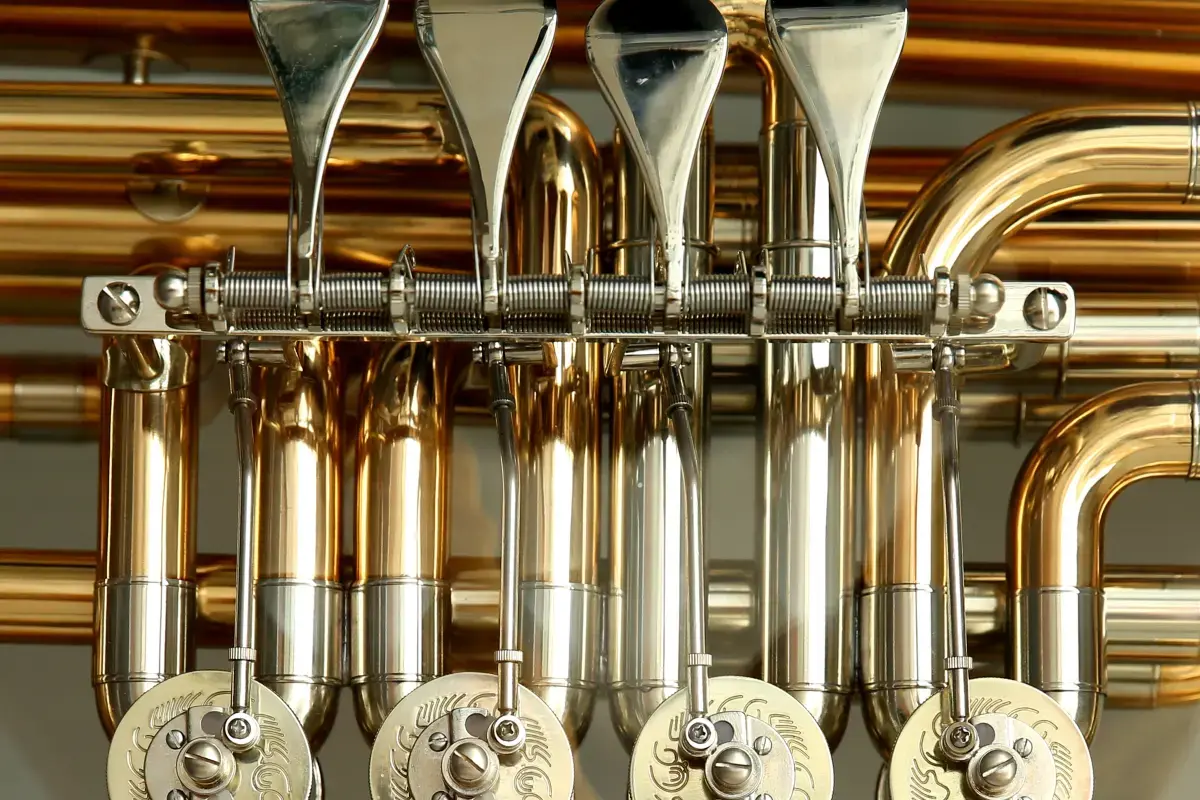
What level of Experience & Qualifications are required to be a Music Repair?
Experience in repairing and servicing musical instruments, such as guitars, keyboards, drums, brass/woodwinds and other stringed instruments. • Training or certification in instrument repair from an accredited program or institution. • Knowledge of electrical components used in music equipment repairs. • Ability to read schematics and diagrams for troubleshooting purposes. • Proficiency with hand tools commonly used on the job site (torque wrenches, soldering irons). • Understanding of basic physics principles related to sound production. • Good problem-solving skills; able to determine root causes quickly and accurately diagnose issues with music equipment. • Excellent customer service skills; ability to interact professionally with customers while providing technical support and advice regarding their needs. • Strong organizational skills; able to prioritize tasks effectively while managing multiple projects simultaneously within a fast-paced environment. • Education requirement: High school diploma or equivalent required; college degree or vocational training preferred
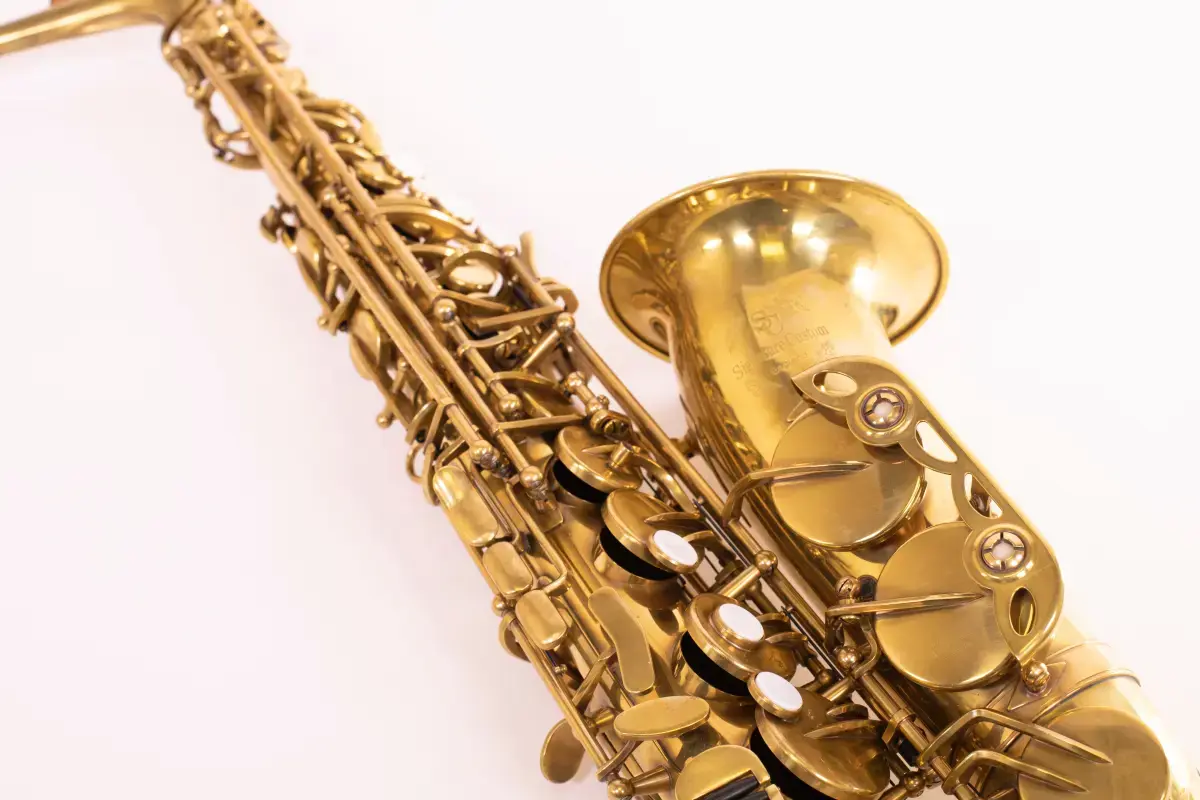
What is the Salary of a Music Repair?
The salary expectations for a music repair technician can vary greatly depending on experience, location and other factors. A junior technician may expect to earn an entry-level wage of $12-$15 per hour, while a senior technician with more experience could make up to $25-$35 per hour. The range also depends on the type of work they are performing; some technicians focus only on repairing instruments while others specialize in repairs such as restoring vintage instruments or working on custom modifications. Other factors that influence salary include the size and scope of the company they work for, their education level (including certification) and any additional skills they possess.
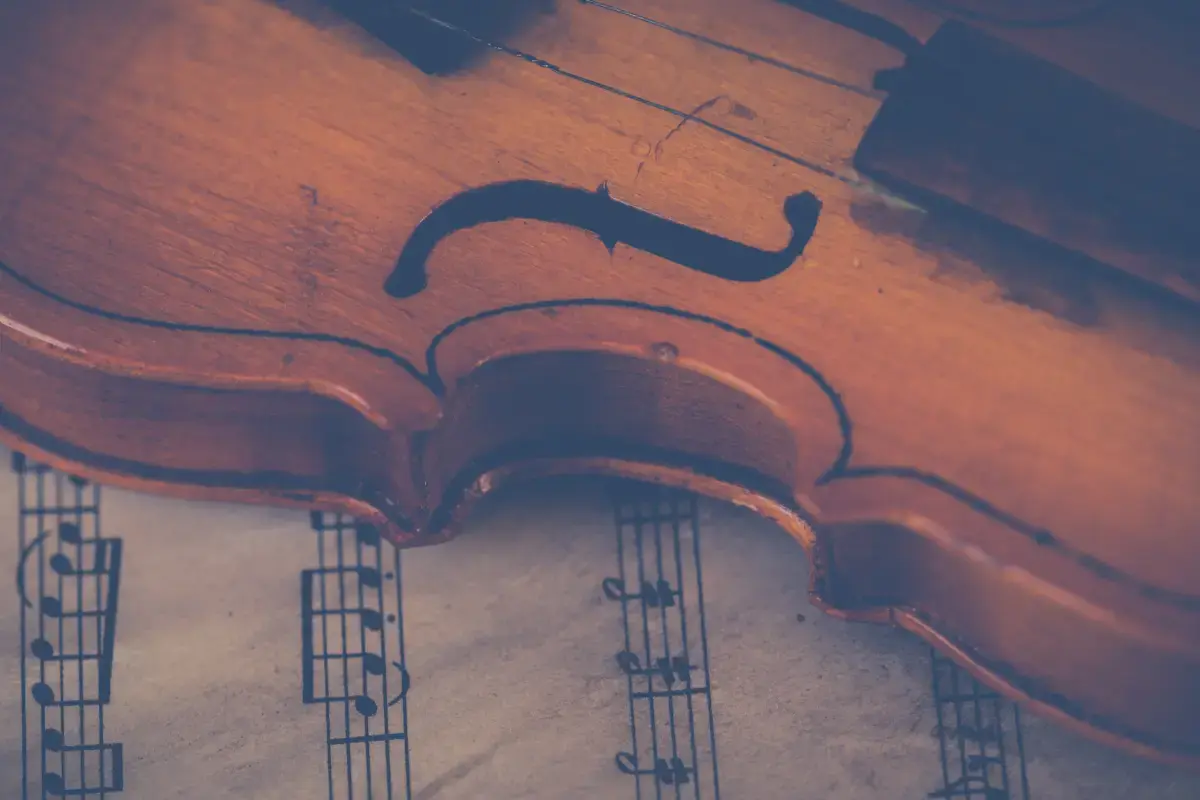
What are the Working Conditions for a Music Repair?
A music repairman typically works in a shop or studio setting, where they are responsible for repairing and maintaining musical instruments. They may also be employed by a school or other organization to maintain their instruments. In most cases, the work environment is clean, organized and well-lit. Due to the nature of the work, it can often require long hours of standing or sitting at a bench while working on delicate components. The technician must have knowledge of various tools used in instrument repairs such as soldering irons and screwdrivers as well as an understanding of electrical wiring diagrams and schematic drawings for each instrument type being repaired. Good manual dexterity is necessary when disassembling complex components and reassembling them correctly after repairs are made. Repair technicians must also understand basic acoustics principles to accurately diagnose problems with sound quality or pitch accuracy issues associated with stringed instruments like guitars, violins, cellos and basses. The technician should possess good communication skills so that he/she can effectively explain what needs to be done to customers who bring their instruments in for service.
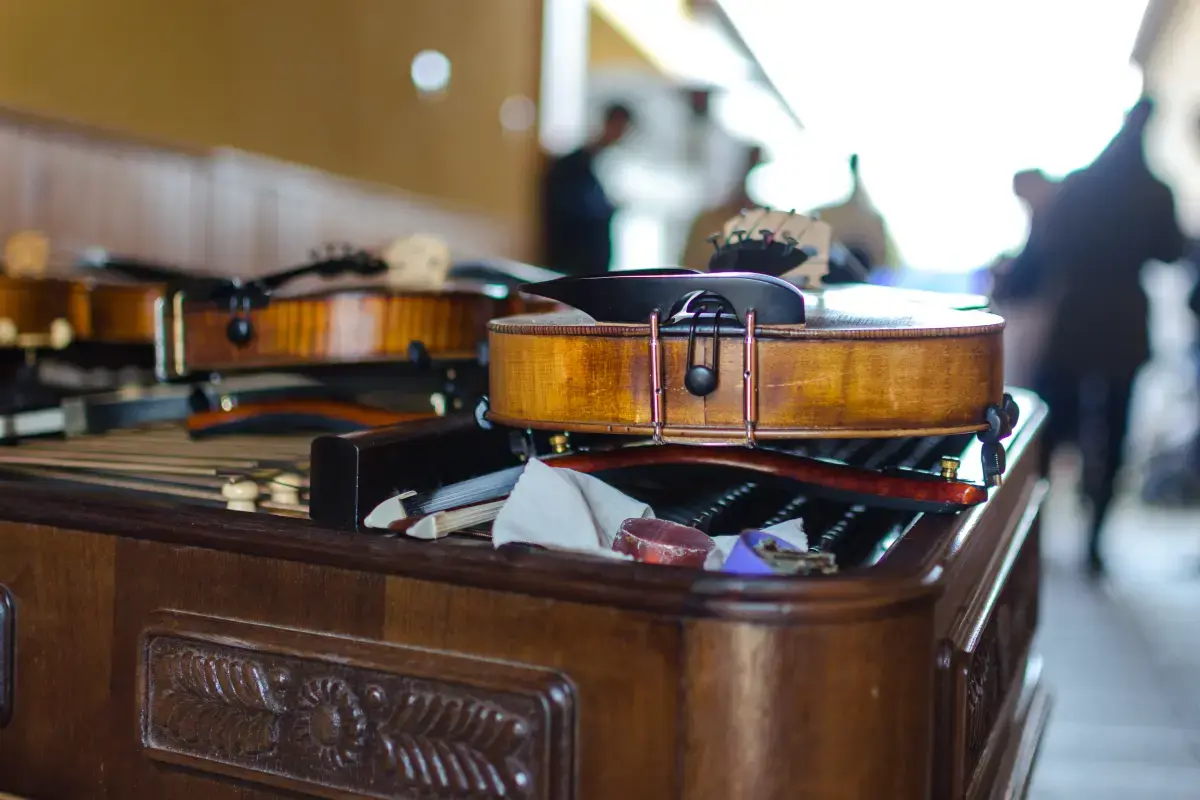
What are the roles and responsibilities of a Music Repair?
Inspecting instruments for damage and wear
Disassembling damaged instruments
Repairing or replacing damaged parts
Adjusting and calibrating instrument components
Assembling repaired instruments
Testing repaired instruments
Maintaining repair tools and equipment
Ordering replacement parts and supplies
Estimating repair costs
Scheduling repairs
Cleaning and polishing Instruments
Applying finishes to Instruments
Fabricating custom instrument parts
Installing electronic components in Instruments
.Tuning Instruments
.Repairing Instrument cases
.Recommending replacement Instruments
.Instructing customers on Instrument maintenance
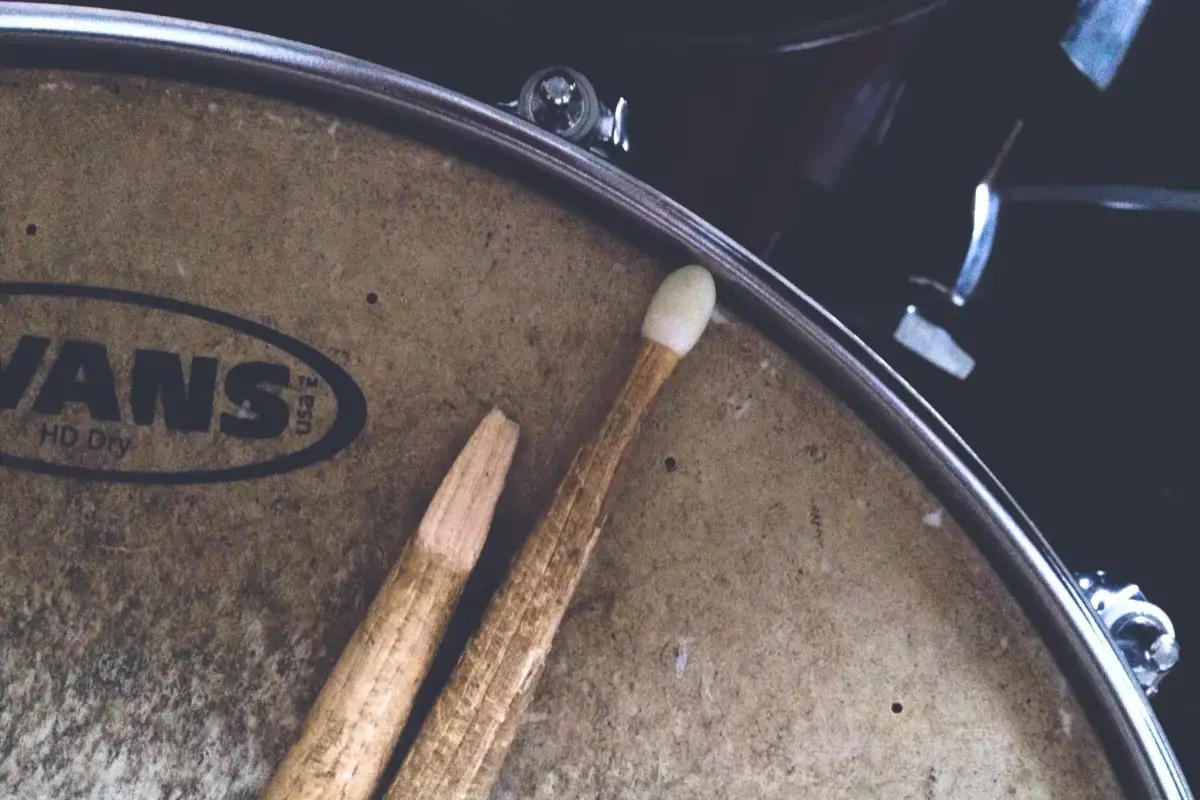
Where can I find Music Repair jobs?
- Create a profile on gigexchange and promote your Music Repair skills to advertise you are Open to New Work Opportunities
- Ensure your Resume (or CV), or online work profile is up to date and represents your skills and experience. Ensure your reputation reflects your ability & attitude.
- Apply for Music Repair Jobs advertised on gigexchange.
- Practise Music Repair interview techniques to ensure you represent your personality and ability succinctly and confidently.
- Accept the job offer if the salary meets your expectations and the employer mission and purpose reflects your core values.
Jobs
What are the best job boards for Music Instrument Repairs jobs?

How can I hire Music Repair staff online for my business?
The best job board for recruiting Music Repair experts is gigexchange.com. Advertise full-time, part-time or contract jobs to find, hire & recruit trusted, experienced and talented Music Repair candidates near you.
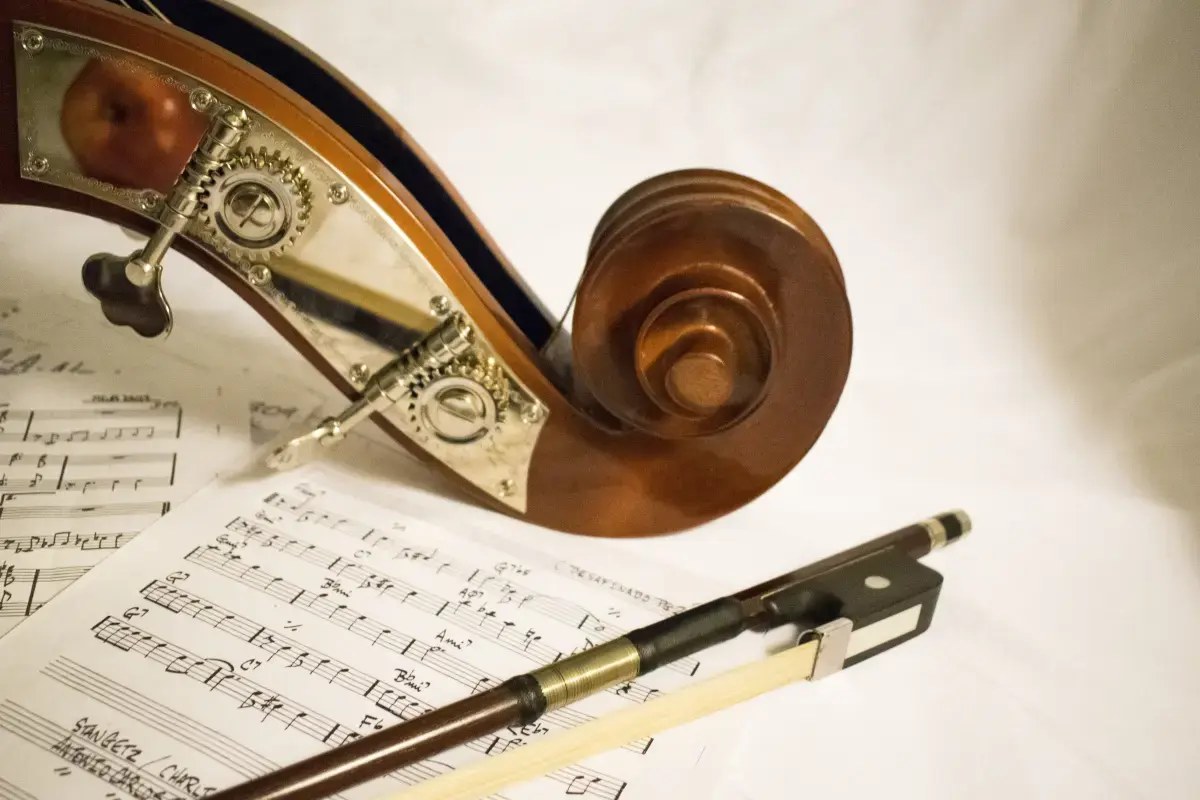
Are Music Repair roles in demand in 2026?
Music Repair experts are still in high demand in 2026. If you are an experienced Music Repair or looking to train and become one. The job market is looking strong for Music Repair jobs near me.